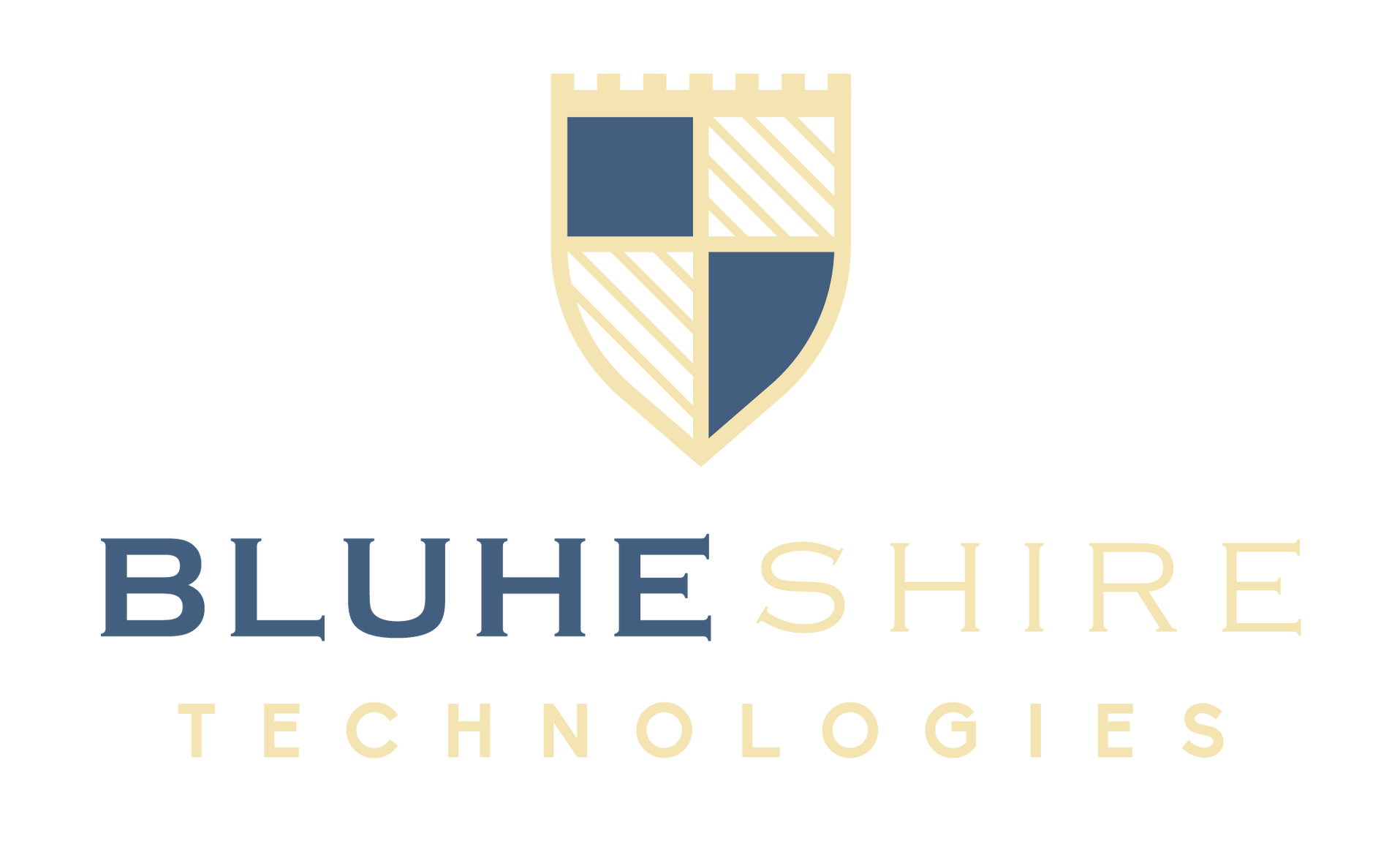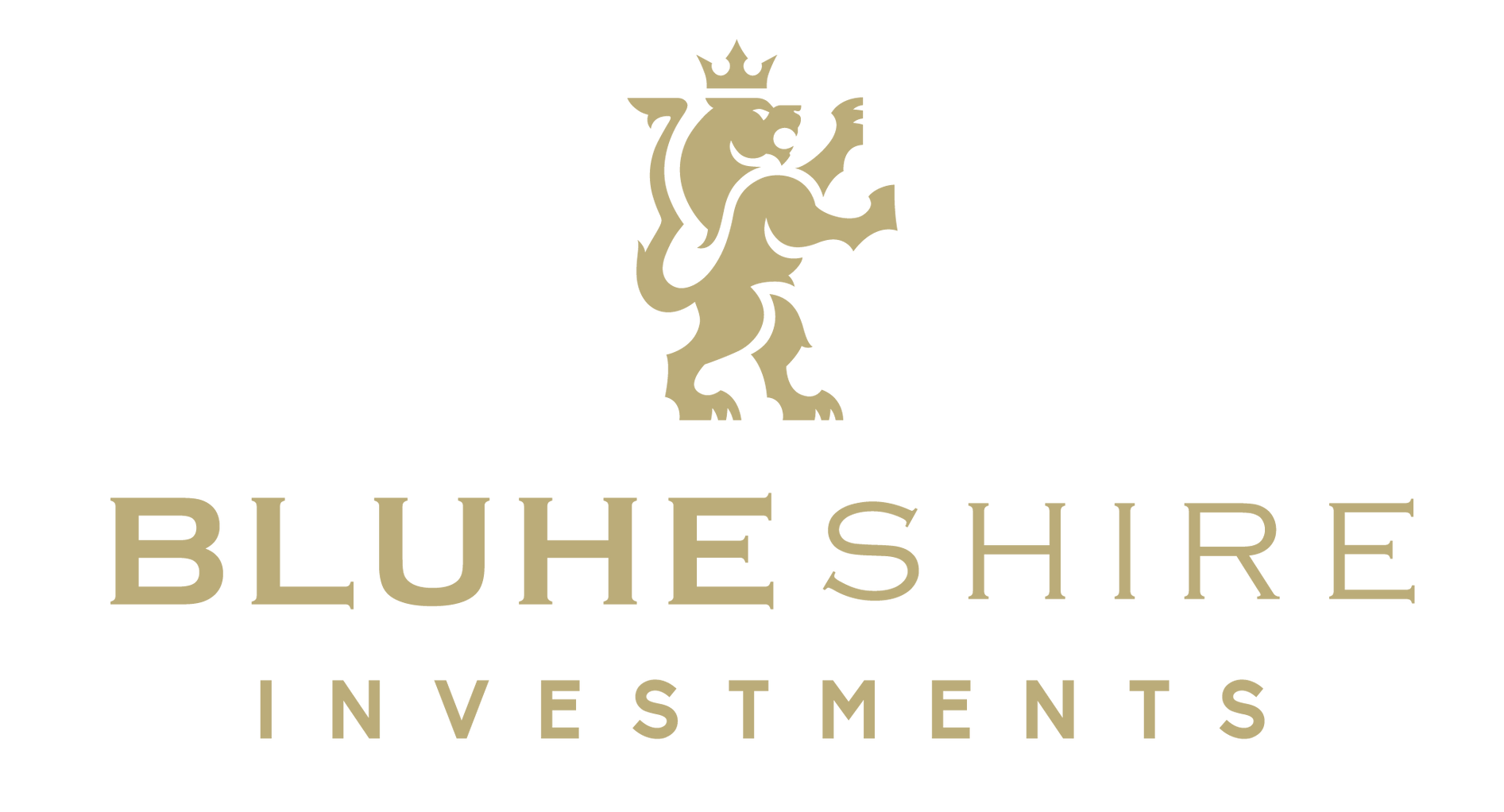Level 5 Compliance
What is Level 5 Compliance?
Level 5 Compliance represents the highest tier of regulatory scrutiny and oversight, ensuring that all entities involved in international trade, finance, and business operations adhere to the strictest global standards. This level of compliance is crucial for safeguarding against illegal activities such as money laundering, fraud, and terrorism financing and for maintaining the integrity of international financial systems. Below is a detailed breakdown of the essential components involved in achieving Level 5 Compliance.
Entities Required to Prepare for Level 5 Compliance Audits
Level 5 Compliance necessitates thorough preparation across multiple entities that interact with financial and business operations globally. Each of these entities must ensure that they are fully compliant with relevant laws and regulations.
1. Know Your Customer (KYC)
KYC protocols require businesses to verify the identity of their clients and assess potential risks related to money laundering or terrorism financing. This involves:
- Collecting identifying information (e.g., government-issued IDs)
- Conducting due diligence checks
- Monitoring customer transactions for suspicious activity
2. Know Your Business (KYB)
KYB procedures focus on ensuring that businesses themselves are legitimate and trustworthy. This involves verifying the structure, ownership, and operations of a company to ensure compliance with legal and financial regulations.
3. Anti Money Laundering (AML)
AML regulations are designed to prevent financial institutions from being used to launder money. Compliance with AML laws includes reporting suspicious activities, conducting due diligence, and maintaining proper records for regulatory authorities.
4. Mobile Verification & Biometric Scanning
Mobile verification and biometric scanning enhance security by ensuring that users are who they claim to be through advanced technology, such as fingerprint or facial recognition, and linking their identity to mobile devices.
5. IP Registry
Maintaining an IP registry helps track the origins of digital transactions and interactions, ensuring transparency and accountability, particularly in cases of cross-border data transfer.
6. Local Government & Local Banking Compliance
Entities must comply with local government regulations, particularly with respect to banking operations and financial disclosures. Local banking institutions must adhere to both national and international banking regulations to ensure integrity.
7. International Compliance
As businesses expand across borders, they must meet international compliance standards, which often involve harmonizing various national regulations with global financial and security protocols.
8. Proof of Funds (PoF) & Proof of Product (PoP)
Proof of Funds (PoF) is essential in validating that the financial means exist to engage in transactions. Proof of Product (PoP) ensures that the goods involved in trade are legitimate, preventing fraud and enhancing transparency.
Institutions and Global Bodies Governing Level 5 Compliance
A variety of international organizations and financial bodies oversee and enforce Level 5 Compliance, ensuring that global standards are met and maintained.
1. Central Banks & G5
Central banks, including those in G5 nations (the United States, United Kingdom, Germany, France, and Japan), play a key role in setting regulatory frameworks for financial operations. They ensure monetary stability and oversight across national borders.
2. Federal Reserve (Fed)
The Fed enforces financial regulations within the U.S. and oversees institutions that participate in global financial markets.
3. International Monetary Fund (IMF)
The IMF monitors the global economy, offering assistance to countries in need while ensuring they adhere to international financial regulations.
4. Bank for International Settlements (BIS)
BIS acts as a bank for central banks and promotes monetary and financial stability by serving as a forum for international cooperation.
5. World Bank Group
The World Bank ensures that international development and financial stability projects comply with rigorous ethical and financial standards.
6. Financial Action Task Force (FATF)
The FATF sets global standards for combating money laundering, terrorist financing, and other related threats. Entities must adhere to FATF guidelines to ensure compliance.
7. Securities and Exchange Commission (SEC)
In the U.S., the SEC regulates securities markets, ensuring that companies comply with financial disclosure and transparency laws. Similar agencies exist in other countries to ensure market integrity.
8. U.S. Department of the Treasury
The Treasury manages the U.S. government's finances and oversees financial institutions to prevent financial crimes and ensure economic security.
9. European Central Bank (ECB)
The ECB regulates monetary policy within the Eurozone, ensuring that all member states maintain financial stability and compliance with EU regulations.
10. United Nations Office on Drugs and Crime (UNODC)
The UNODC fights transnational crime, including money laundering and corruption, and enforces global compliance standards to reduce illegal financial activities.
11. Financial Conduct Authority (FCA)
The FCA ensures that financial markets in the U.K. function fairly and properly. Similar agencies in other countries uphold financial regulations to protect consumers and businesses alike.
12. International Finance Corporation (IFC)
The IFC is part of the World Bank Group and provides financial and investment support to private-sector projects that meet stringent compliance and sustainability criteria.
13. Office of Foreign Assets Control (OFAC)
OFAC administers economic and trade sanctions based on U.S. foreign policy and national security goals, including enforcing restrictions on certain countries and entities.
14. International Chamber of Commerce (ICC)
The ICC sets rules and guidelines for international trade and commercial arbitration, ensuring that businesses operating across borders adhere to standardized practices.
15. International Organization of Securities Commissions (IOSCO)
IOSCO develops, implements, and promotes international standards for securities markets to protect investors and maintain fair, efficient, and transparent markets.
16. Financial Intelligence Units (FIUs)
FIUs are national agencies responsible for combating financial crime by receiving and analyzing financial disclosures, such as reports on suspicious or unusual financial transactions.
Why is Level 5 Compliance Important?
Level 5 Compliance is vital in protecting global financial systems from fraud, corruption, and other illicit activities. By adhering to the highest standards of financial integrity and security, businesses can mitigate risks, protect their reputation, and ensure uninterrupted operations across international borders. This framework supports the transparency and trust necessary for sustainable and responsible business practices in an increasingly interconnected world.
Whether you're a business entering international markets or an institution preparing for regulatory audits, Level 5 Compliance ensures that you meet the full spectrum of global legal and financial obligations.


